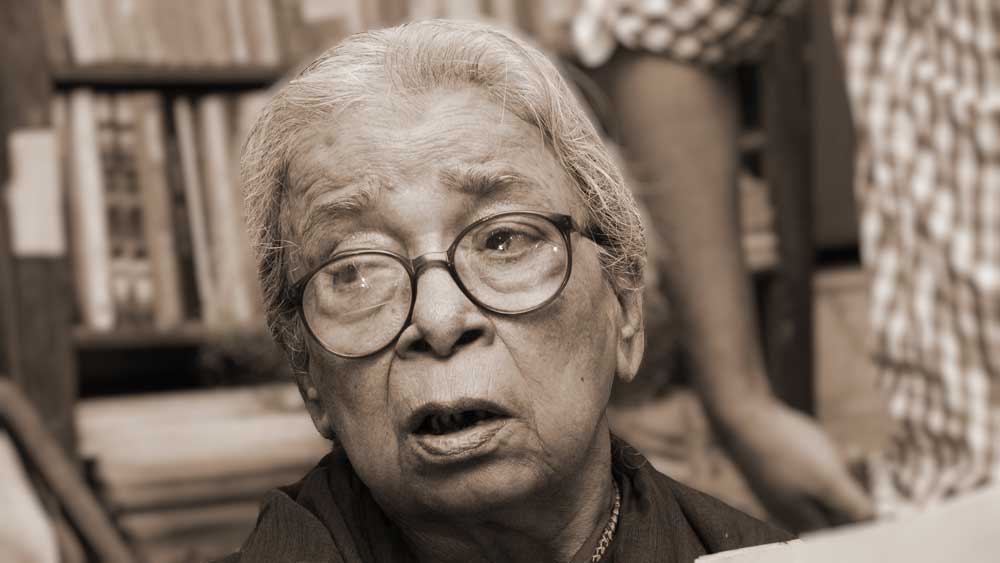Muffled voices
Sir — The removal of works by two Dalit authors, Bama and Sukartharini, as well as of Mahasweta Devi’s “Draupadi” from the undergraduate English syllabus of Delhi University on the flimsy ground of “culture and ethics” is indicative of institutional bias against certain kinds of writing (“Far from epic”, Aug 31). According to the registrar, who defended the decision, the syllabus cannot include works of literature that may “hurt the sentiments of any individual” or have the potential to make “students hate the military”.
If the university is worried that certain works might hurt the sentiments of the upper castes, then by that logic the works of Munshi Premchand, especially “Sadgati”, which is a scathing commentary on the caste system in India, should not be taught either.
Mahasweta Devi’s “Draupadi” is crucial in exposing institutionalized violence faced by tribal communities in India. Replacing the works of Dalit writers with those of an upper-caste writer — Ramabai in this case — will result in a further exclusion of marginalized voices. The university must rethink its decision to remove these texts. Students should be exposed to a wide range of literary works so that they can have a greater understanding of the social realities in India.
S.S. Paul,
Nadia
Sir — The deletion of Mahasweta Devi’s short story, “Draupadi”, and the works of two Dalit writers, Sukartharini and Bama, from the English honours syllabus
of Delhi University is unfortunate. “Draupadi” is a disquieting account of the plight of a Santhal woman, Dopdi Mejhen, who is captured on suspicion of being a Naxal and is raped by the military. The seminal work was eventually translated by the literary theorist, Gayatri Chakravorty Spivak, and has been a part of the DU undergraduate syllabus since 1999.
The reach and importance of the work is such that it had inspired Manipuri women to strip in public in 2004 to protest against the rape and killing of a woman by the armed forces. These works have now been replaced by Begum Rokeya’s “Sultana’s Dream” and the life and works of an upper-caste writer, Ramabai.
In response to this decision, 15 members of the university’s academic council have rightly submitted a dissent note against the functioning of the oversight committee. Several academics as well as politicians, including the chief minister of Tamil Nadu, M.K. Stalin, have condemned this decision.
The history of the Indian subcontinent is rife with shameful instances of oppression and violence. The removal of these works amounts to the silencing of marginalized voices.
Ashoke Basu,
Baruipur
Sir — Removing certain texts from the syllabus cannot erase India’s contentious past. DU must include the works of Dalit writers if it hopes to provide a well-rounded education.
Amita Saha,
Calcutta
Unsafe city
Sir — Two Indian cities — New Delhi and Mumbai — were recently featured on the Safe Cities Index 2021. While both were ranked at the bottom, it was nonetheless a surprise to see New Delhi included at all. Those of us who have lived in or travelled to Delhi know how unsafe it is, especially for women, compared to cities like Calcutta or Pune. Delhi may rank higher in parameters such as health or infrastructure, but none of this can make up for physical safety. In that aspect, Delhi is unlikely to feature on the personal safety list of Indian citizens.
Meghna Basak,
Calcutta











